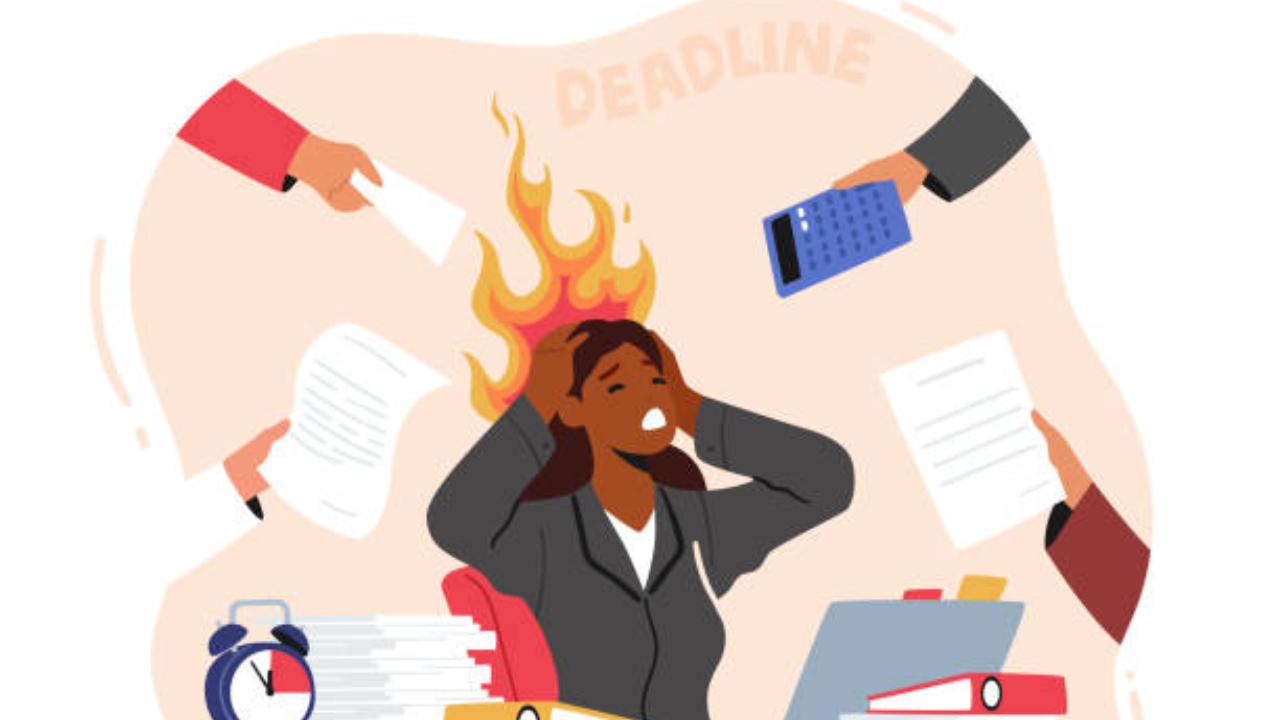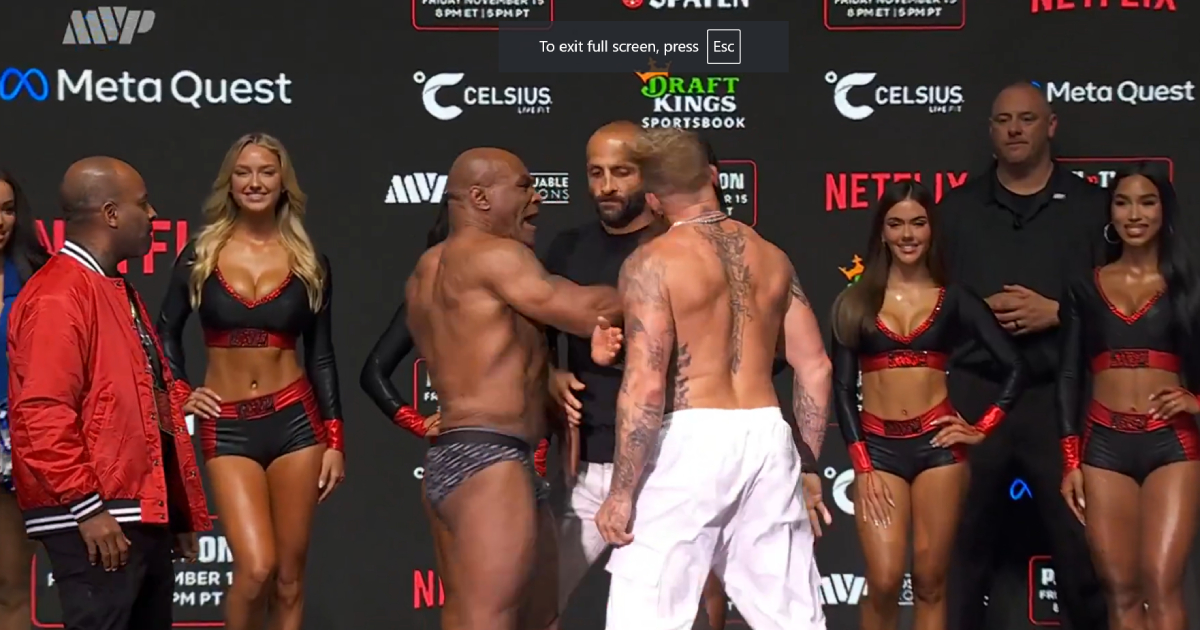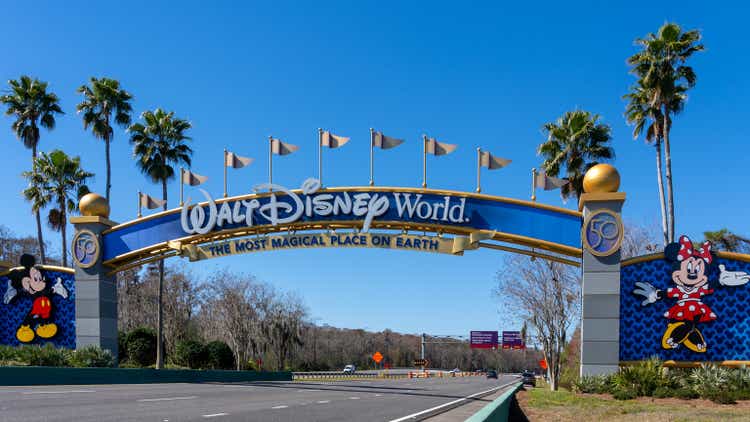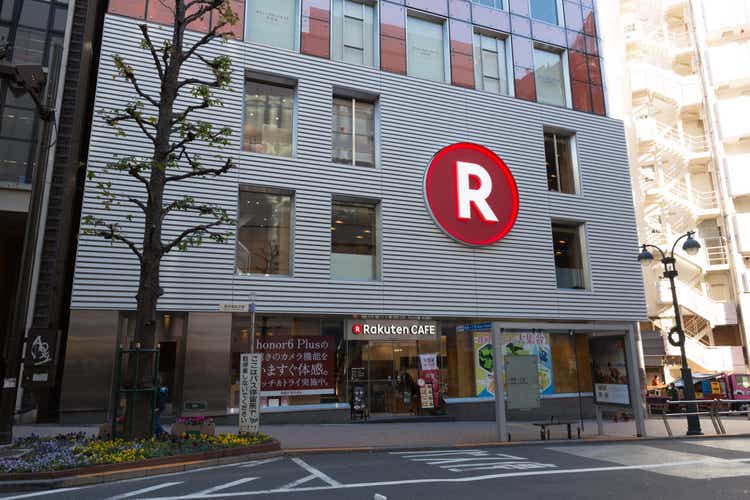
The corporate space brings forth trends that directly reflect upon the underlying conditions of the employee and employer relationship in the industry. Recently, a new phenomenon has been observed by the business sector employees, named ‘silent firing’. According to the New York Post, Silent firing is a phenomenon where the employer increases the workload on employees to such an extent that they are compelled to quit their jobs.
These workers are then replaced by artificial Intelligence in their roles. With the advent of AI, the possibility of the replacement of human labor with artificial intelligence has been a cause of shared concern among employees of the corporate world. Many experts claim that this substitution is already happening.
The CEO of Prospero.Ai and Fast Company contributor, George Kailas highlights Amazon’s renewal of return-to-office policy which seems to be doing the same thing, making the working conditions difficult so that employees are dissatisfied with their jobs and eventually decide to migrate somewhere else. Kailas adds to this by saying that by enforcing such laws, companies like Amazon are “silently firing workers because the best way to decrease retention while saving on severance would be to remove remote work.
” One survey found that this is causing 73% of workers to quit their jobs, citing the New York Post. Kailas then writes about how we have yet to realize the “AI adoption curve” and the alarming potential that it carries. Tesla and SpaceX CEO, Elon Musk said at a Viva Technology Conference in Paris, “In a benign scenario, probably none of us will have a job.
There will be universal high income — and not universal basic income — universal high income. There’ll be no shortage of goods or services.” However, the experts do not completely buy this notion.
Economist and professor at MIT, Daron Acemoglu, claims that AI will only be able to replace or help with 5% of jobs in the next decade. He has previously informed Bloomberg that "You won't achieve an economic revolution with just 5%." He contended that artificial intelligence is currently not dependable enough to finish the tasks that humans can do and anticipated that the technology will not be sufficiently advanced in the near future.
Acemoglu added that “You need highly reliable information or the ability of these models to faithfully implement certain steps that previously workers were doing,” "They can do that in a few places with some human supervisory oversight ...
but in most places they cannot." Concerns about a potential AI job revolution arise as Generation Z drives a new workplace phenomenon known as the "Great Detachment." A relative of "silent resigning" and "silent holidaying," workplace disengagement occurs when employees become less involved due to unhappiness.
According to Gallup poll data, there has been a 5% drop in engagement among Gen Z and young millennials, while American Staffing Association CEO Richard Wahlquist stated to Business Insider that approximately 30% of all employees are not actively engaged in their jobs. Get Latest News Live on Times Now along with Breaking News and Top Headlines from Industry, Business Economy and around the world..













